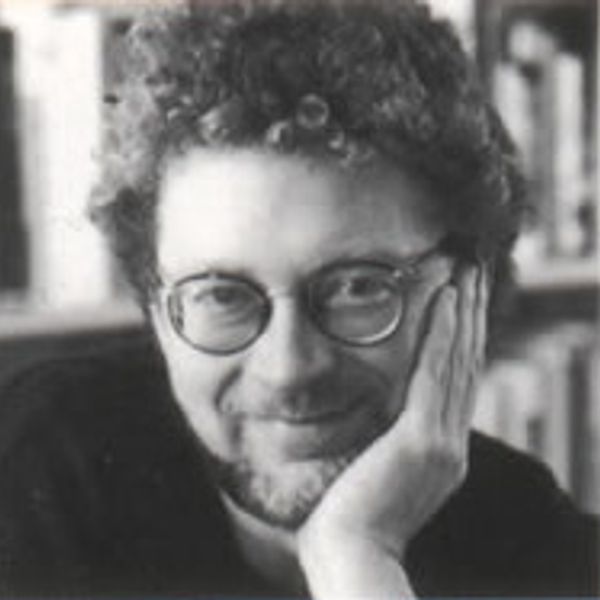Lia Purpura, Skate’s Egg Case (detail), featured in AGNI 102
An Appreciation of Charles Bardes, M.D.
Charles Bardes’s meditations on medicine remind us that the core aspiration of the essay is to be irresistibly interesting. They are beautifully—transparently—written, deeply informed, consistently probing the implications of their subject matter, and they carry surprise. There is the surprise of local insight, of course, of the fresh perception or connection that strikes mid-sentence to bring the reader up short. But also there is the larger categorical surprise: This is a doctor, a man of science, speaking to us with compassionate intimacy, taking as his revolutionary premise that the truth of what happens to us is found outside the narrowed bounds of specialization; that the operations of the body are not only literal grist, subject to measurement and diagnosis, but also metaphorical, informing our imaginings, and crowded with suggestions of banished spirit. For to look at the body closely, as a doctor must, and then to contemplate the breathtaking fitness of parts to whole, as possibly too few doctors do, is to feel as the astronomer might when the focus on some particular bit of light falls away and the raw sense of immensity comes rushing in.
We have devoted such considerable space in print and on the web to Dr. Bardes’s pieces because, contra Nancy Reagan’s injunction, we just couldn’t say no. Such is the interest of the pieces, their witty profound precision, but such, too, is our seeming appetite for a vision founded in assumed commonality. And, no less urgent, for a perspective that sees history as a continuum of kinds of wisdom rather than a steady supplanting of the outmoded by the newfangled. Writes Bardes of the physicians’ emblem, derived from the merging of two ancient serpent narratives: “The modern physician wears a caduceus on his lapel, the snakes fully vanquished and domesticated. But—they are there, and perhaps they are not dead but merely sleep. The caduceus keeps the old gods, fends off their annihilation, even as it sublimates them. The convergence of the two snake traditions, Asklepios and Hermes, seems to me very apt. The physician’s work partakes of both: grounded and cerebral, animal and mercantile, wise and shrewd. They are two distinct ways of being, now joining, now separating, now joining again, a twisting dance. And both snaky traditions, Asklepios and Hermes alike, transect the boundary between life and death.”

Sven Birkerts
Sven Birkerts is nonfiction editor and editor emeritus of AGNI. He is the author of eleven books: An Artificial Wilderness: Essays on 20th Century Literature (William Morrow), The Electric Life: Essays on Modern Poetry (William Morrow), American Energies: Essays on Fiction (William Morrow), The Gutenberg Elegies: The Fate of Reading in an Electronic Age (Faber & Faber), Readings (Graywolf), My Sky Blue Trades: Growing Up Counter in a Contrary Time (Viking, 2002), Reading Life (Graywolf, 2007), Then, Again: The Art of Time in the Memoir (Graywolf, 2008), The Other Walk (Graywolf, 2011), Changing the Subject: Art and Attention in the Internet Age (Graywolf, 2015), and The Miro Worm and the Mysteries of Writing (Arrowsmith Press, 2024). He has edited Tolstoy’s Dictaphone: Writers and the Muse (Graywolf) as well as Writing Well (with Donald Hall) and The Evolving Canon (Allyn & Bacon).
He has received grants from the Lila Wallace-Reader’s Digest Foundation and the Guggenheim Foundation. He was winner of the Citation for Excellence in Reviewing from the National Book Critics Circle in 1985 and the Spielvogel-Diamonstein Award from PEN for the best book of essays in 1990. Birkerts has reviewed regularly for The New York Times Book Review, The New Republic, Esquire, The Washington Post, The Atlantic, Mirabella, Parnassus, The Yale Review, and other publications. He has taught writing at Harvard University, Emerson College, Amherst College, Mt. Holyoke College, and the graduate Bennington Writing Seminars, which he directed for ten years. He lives in Amherst, Massachusetts. (updated 10/2025)
